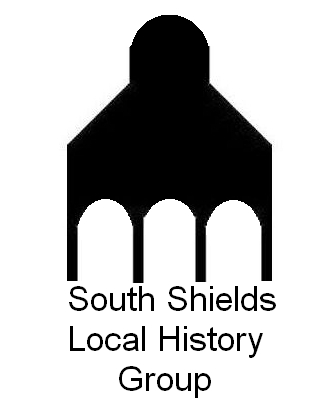Robert Ingham born 1793 was the youngest of four children born to William Ingham and Jane (nee Walker). His father was an eminent surgeon in Newcastle where Robert was born. He showed little interest in following in his father’s profession. He was of a scholarly disposition, receiving his preliminary education at Mr Birkett’s school at Ovingham then at Harrow, and later at Oriel College Oxford. He obtained his B.A. (first class honours in classics) in 1815. Elected a fellow in 1816 and obtained his M.A. in 1818. He was offered the Greek chair of his college but chose the Law.
In choosing law as his profession he became a pupil of Mr (afterwards) Sir John Patterson Justice of the Queen’s Bench Called to the bar at Lincoln’s Inn in 1820 he removed to the Inner Temple and journeyed the Northern Circuit. He returned to live and practice in Newcastle.
His family influence brought him an extensive practice in rating appeals and similar business on the civil side. He later succeeded to the Recordership of Berwick upon Tweed and eventually became a Queens Counsellor. The office of Attorney General for the County Palatine of Durham followed later. In total he administered justice for nearly a quarter of a century.

In 1817 whilst Robert was at Oxford his father died, and his mother Jane left Newcastle to live with her daughter Eleanor at her old home in Westoe Village. On the death of his mother in 1824, Robert Ingham succeeded to his grandfather’s estate and would remain living at Westoe Hall, Westoe Village right up to his own demise some fifty years later.
In 1832 South Shields was given the right to return an MP to Parliament. Robert Ingham standing as a Liberal was duly elected, and so started twenty-five years of public service to the town.

After his retirement in 1868 a meeting was called to determine the most fitting memorial to this much-loved man. It was decided that a Public Subscription be set up with the express purpose of building a place of healing to be called the “Ingham Infirmary”
Robert Ingham never married and his home Westoe Hall became his” bachelor establishment” he entertained constantly, and most of the towns distinguished personages he counted as his friends and guests.

He was much respected and loved by the people of South Shields, especially the working classes. He in turn had a great deal of affection for them as is shown in one of his speeches:-
“I have seen my fellow countrymen in all spheres, and from what I have seen of them, from their openness, their reliance on each other, and their general conduct, I believe they will be raised in the end”.
Robert Ingham died on the 21st October 1875 and was honoured by a public funeral. He had worked hard to obtain political enfranchisement for South Shields and had become its first Member of Parliament. He had in his lifetime gained the reputation for hospitality but most of all was generally and rightly loved for his kindness and consideration.
He is buried in the town’s Westoe Cemetery.

“INGHAM FOR EVER”
Brave Ingham to Shields came so gallant and bold
His banners all burnished with white and gold
And the Gowanites quaked his procession to see
Like a dark troubled wave on the deep Galilee
(Poem penned at the time of 1841 election)
ROBERT INGHAM’S POLITICAL CAREER
1832 Stood as a Liberal, his opponents being, George Palmer (father of Charles Mark Palmer the Jarrow shipbuilder) Russel Bowlby of Cleadon and Captain Gowans. Robert Ingham was elected by a majority of 97 votes
1835 His opponent was once again Russel Bowlby, Ingham was re-elected by a majority of 145 votes.
1837 Returned unopposed
1841 Defeated by Mr.Twizel Wawn who was returned for the next ten years as South Shields Member of Parliament.
1852 Twizel Wawn decided not to seek re-election, but nominated Robert Ingham as Liberal candidate. Ingham was opposed by Hon. Henry Liddell ( later to become Lord Ravensworth) who stood as the Conservative candidate. At the close of voting Ingham was in with a majority of 185 votes.
He held his Parliamentary seat for the next 16 years, retiring from politics in 1868
(This information was extracted from the excellent pamphlet by Ian Rogers FRCS entitled “Robert Ingham and his Friends”).
Sources:
South Shields Local History Group, Sand Dancer Leaflet
Photos:
South Tyneside Libraries
